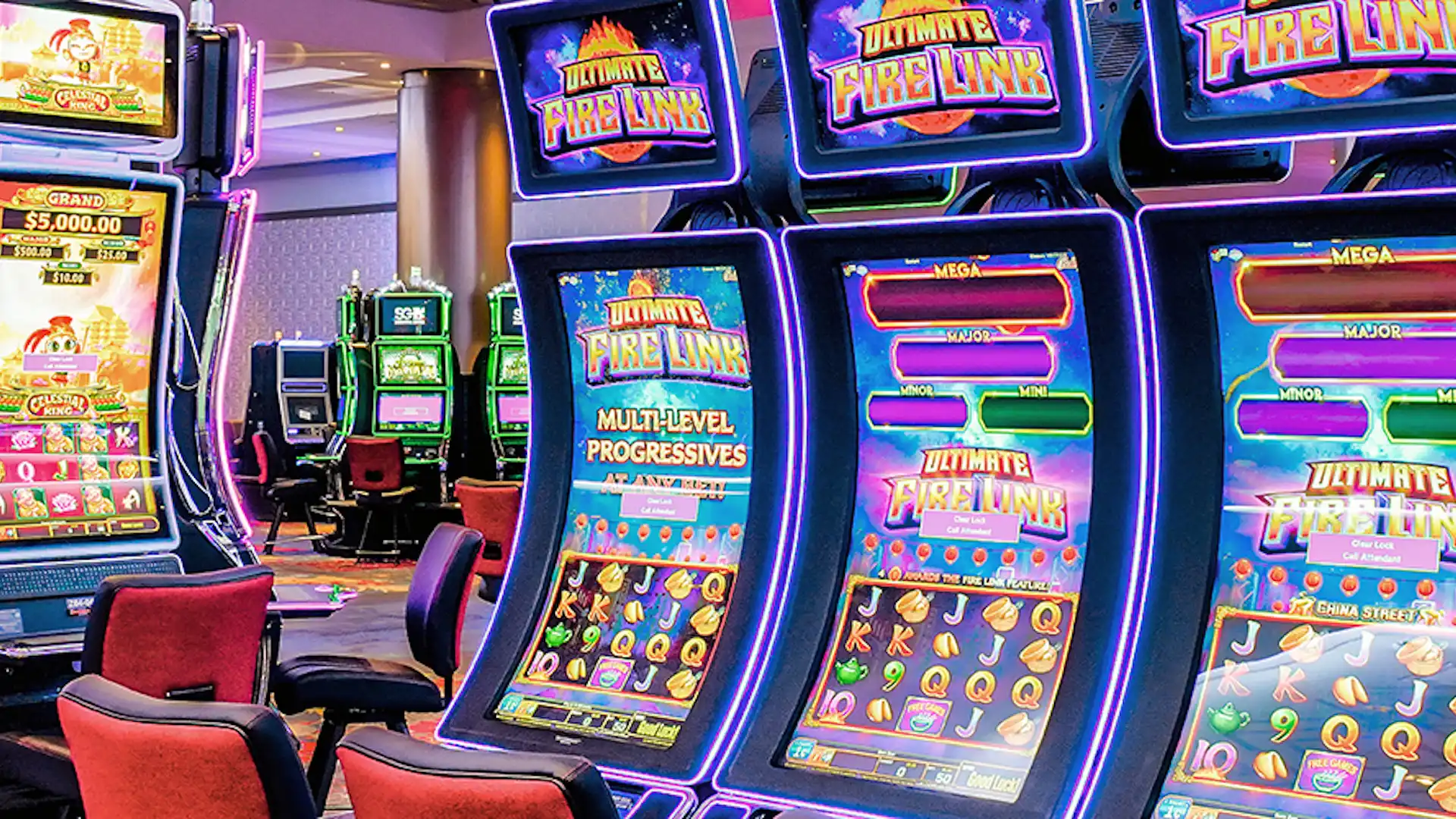
When we think of gambling activities, the initial pictures that often cross our minds are those of rotating wheel wheels, card tokens clinking on felt tables, and cubes flying across a gaming surface. While many view these activities as mere hobbies fueled by luck, a more profound exploration reveals a captivating blend of tactics, expertise, and social engagement that raises them well beyond basic luck. Whether you are a experienced player or a curious newcomer, grasping the subtleties of these games can greatly enhance your enjoyment and appreciation.
Gambling activities have developed over centuries, with different cultures contributing to their diverse backgrounds and different forms. From the intricate tactics of blackjack to the bluffing methods in poker, players engage in a battle of wits as much as a risk on numbers. This dynamic interplay between luck and expertise creates a thrilling atmosphere that draws millions to casinos worldwide. As we delve into the world of table games, we will reveal the methods that can tilt the odds in your favor and the community aspects that make these games a favored choice for leisure and interaction.
A Approach Behind Table Games
Casino gaming often combine a blend of ability and chance, which makes them fascinating for participants who like a test. Each game has their own set of rules and strategies that can affect the results. For example, in titles like 21, participants are required to use tactics like card counting and understanding the probabilities to make informed decisions. non GamStop casinos This skill set can significantly improve their winning potential, distinguishing experienced participants from beginners who may rely solely on luck.
In contrast, titles such as the roulette may appear to be purely based on chance, but strategic thinking can also play into the equation. Players can select between various betting tactics, such as the Martingale system, in which they increase the bets after a loss. This approach can establish a more methodical approach to the activity. Understanding the probabilities of specific wagers can also help participants make better decisions on the table, showcasing that even in titles of chance, tactics can enhance the enjoyment.
Furthermore, the game of poker is notable as a title that strongly emphasizes strategy. Unlike most gaming titles, the game of poker combines skill, mental acuity, and chance. Participants must also focus on the hands they are given but also take into account their rivals’ behavior and wagering patterns. Mastering principles like table position, pot odds, and interpreting bluffs is crucial for success. This depth of strategy in poker often leads to a more immersive experience for players, where the choices and skills significantly impact the game’s outcome.
Understanding Chance and Odds
In the world of casino activities, likelihood and ratios play a crucial role in determining a player’s potential results. Every match has its own set of guidelines that define how the chance of winning or failing is calculated. For instance, in games like 21, participants have a opportunity to influence their ratios through planning, whereas in games like roulette, the outcomes are entirely dictated by chance. Grasping how these probabilities are calculated can significantly impact how a gambler tackles the game.
Odds are typically expressed in two forms: fractional and numeric. Ratio odds represent the proportion of the sum won to the amount bet, whereas numeric ratios show the total return for a successful wager, including the initial bet. For instance, if a game has ratios of 5 to 1, this implies that for every one unit staked, a gambler could gain five dollars if successful. Learning how to understand these ratios allows players to assess their possible earnings and formulate more wise decisions during play.
Players should also be aware of the casino advantage, which is the casino’s built-in advantage over the gamblers. Each match has a different advantage, and understanding this concept is essential for handling one’s hopes and budget. Activities with a reduced advantage, such as 21 and baccarat, typically offer superior ratios for gamblers compared to activities like slots and lottery. By understanding the connection between probability, odds, and the house edge, gamblers can enhance their gambling experience and strategize more effectively.
The Social Aspect of Casino Table Games
Casino games at gaming establishments are often seen as a center of community engagement, bringing participants together in a shared experience that extends far past the mere act of playing games. The atmosphere at a poker table can be vibrant, with gamblers engaging not only with the game itself but also with one another. Joy, excitement, and, occasionally, friendly banter create connections that improve the overall enjoyment of the gaming experience. This communal aspect can turn a alone endeavor into a dynamic gathering, making casino games particularly enticing.
One of the fascinating elements of table gaming is the way it cultivates friendship among participants. Whether it’s teaming up to defeat the dealer at a dice table or sharing stories between hands in a poker game, the environment encourages interaction. Players often share tips or tactics, creating a sense of community that boosts the fun. This social dynamic can make new players feel welcomed and less intimidated by the competitive nature of casino games. As the game progresses, friendships may form, leading to a sense of belonging that keeps participants coming back to the table.
Moreover, the social aspect of gaming at tables extends outside just the players. Dealers play a vital role in facilitating interaction and maintaining the flow of the game. Their ability to engage players with friendly conversation and their expertise in running the table can create an welcoming atmosphere. This relationship between participants and staff adds another layer of enjoyment, where players feel bonded not only to one another but also to the staff. Such interactions are often what make the experience unforgettable, as players leave with tales to tell and connections made, reinforcing the notion that gaming at tables are truly about more than just chance.
